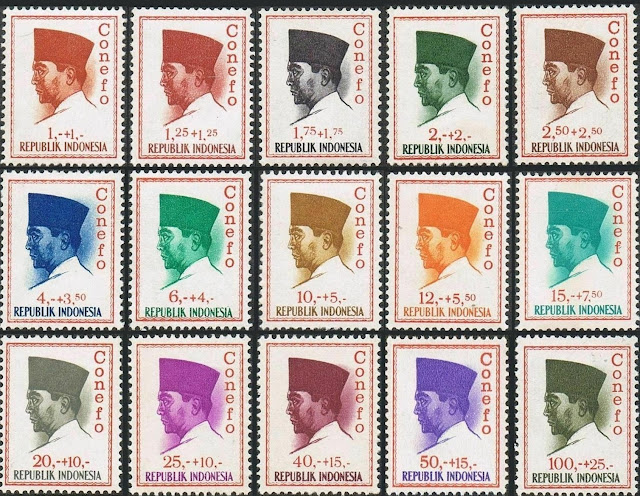Here are some events that happened on June 21st. It could be an event or a person that died or was born on that day
1914 Died: Bertha von Suttner, Austrian journalist and author, Nobel Prize laureate (b. 1843)
Bertha Felicitas Sophie Freifrau von Suttner (9 June 1843 – 21 June 1914) was an Austrian-Bohemian pacifist and novelist. In 1905, she became the second female Nobel laureate (after Marie Curie in 1903), the first woman to be awarded the Nobel Peace Prize, and the first Austrian laureate.
In 1889 Suttner became a leading figure in the peace movement with the publication of her pacifist novel, Die Waffen nieder! (Lay Down Your Arms!), which made her one of the leading figures of the Austrian peace movement. The book was published in 37 editions and translated into 12 languages. She witnessed the foundation of the Inter-Parliamentary Union and called for the establishment of the Austrian Gesellschaft der Friedensfreunde pacifist organisation in an 1891 Neue Freie Presse editorial. Suttner became chairwoman and also founded the German Peace Society the next year. She became known internationally as the editor of the international pacifist journal Die Waffen nieder!, named after her book, from 1892 to 1899. In 1897 she presented Emperor Franz Joseph I of Austria with a list of signatures urging the establishment of an International Court of Justice and took part in the First Hague Convention in 1899 with the help of Theodor Herzl, who paid for her trip as a correspondent of the Zionist newspaper, Die Welt.
Upon her husband's death in 1902, Suttner had to sell Harmannsdorf Castle and moved back to Vienna. In 1904 she addressed the International Congress of Women in Berlin and for seven months travelled around the United States, attending a universal peace congress in Boston and meeting President Theodore Roosevelt.
Though her personal contact with Alfred Nobel had been brief, she corresponded with him until his death in 1896, and it is believed that she was a major influence on his decision to include a peace prize among those prizes provided in his will, which she was awarded in the fifth term on 10 December 1905. The presentation took place on 18 April 1906 in Kristiania.
German and Austrian stamps depicting Bertha von Suttner
1970 Died: Sukarno, Indonesian engineer and politician, 1st President of Indonesia (b. 1901)





No comments:
Post a Comment